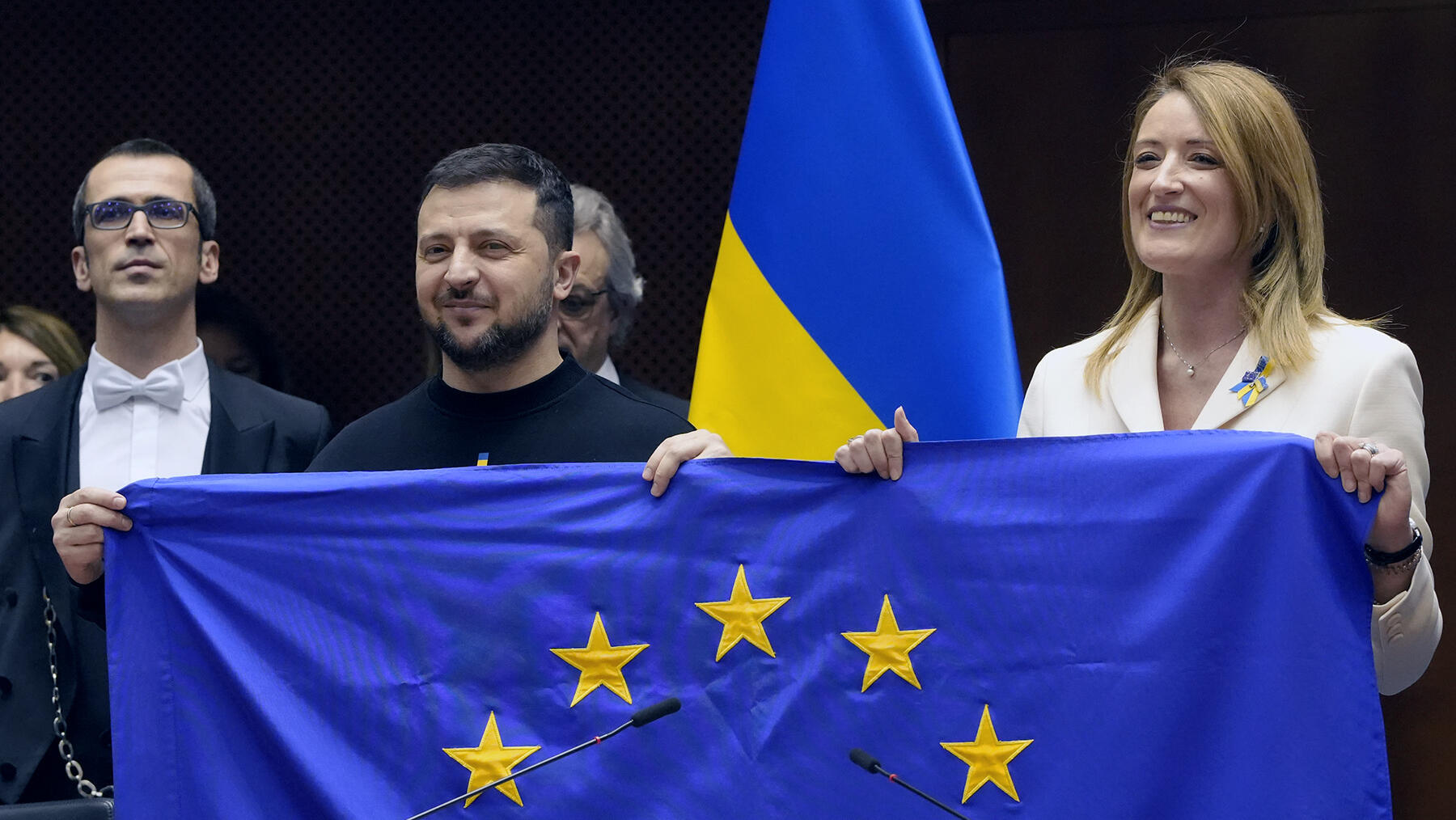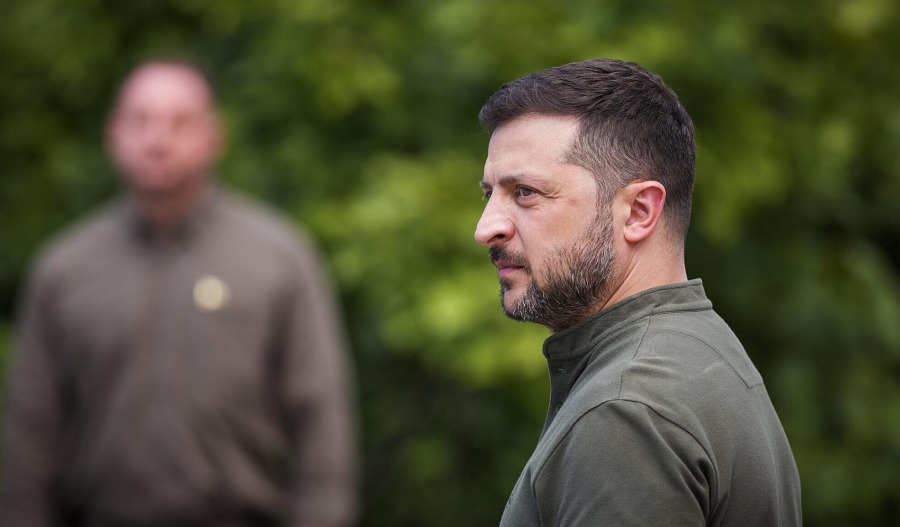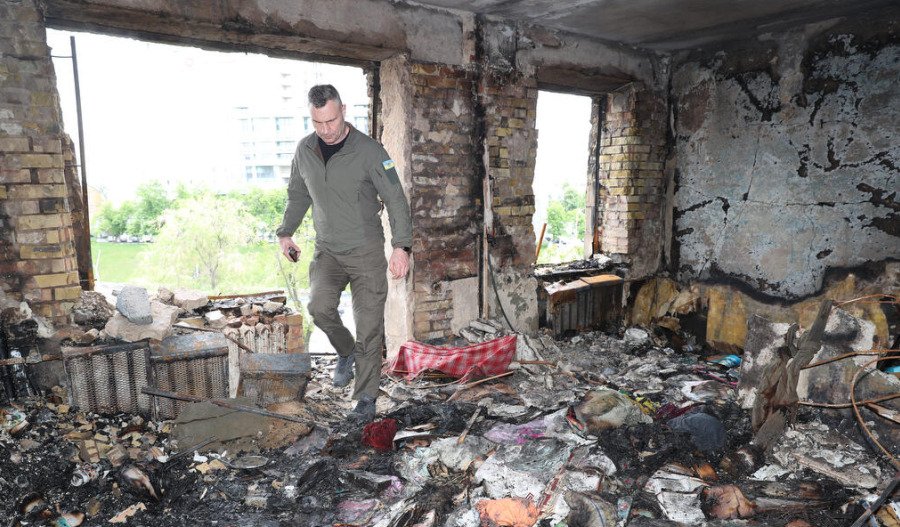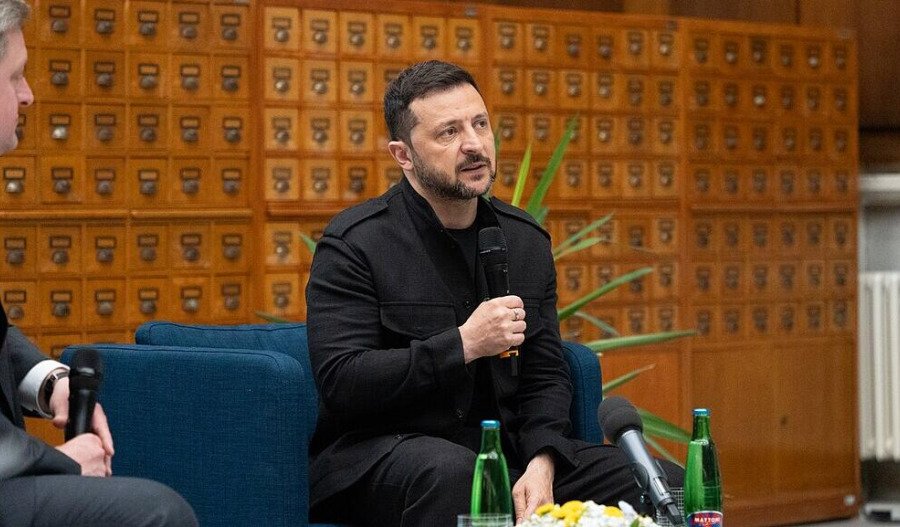Half a dozen European leaders will be flanking Ukrainian President Volodymyr Zelenskyy when he meets Donald Trump in Washington on Monday, in an unprecedented diplomatic show of support designed to prevent another Oval Office disaster.
The European mobilisation comes after Trump's Alaska summit with Vladimir Putin failed to produce a ceasefire, leaving Ukraine facing renewed pressure to accept territorial concessions.
French President Emmanuel Macron, German Chancellor Friedrich Merz, British Prime Minister Keir Starmer, European Commission President Ursula von der Leyen, and NATO Secretary-General Mark Rutte have all confirmed their attendance.
The coordinated European response reflects deep anxiety about Trump's February meeting with Zelenskyy, which devolved into a heated confrontation where the U.S. President and Vice President JD Vance publicly berated the Ukrainian leader for alleged ingratitude.
European officials fear a repeat could undermine Ukraine's negotiating position at a critical juncture.
Putin's territorial demands emerge
Sources briefed on the Alaska talks revealed that Trump and Putin discussed proposals for Russia to relinquish small pockets of occupied Ukraine in exchange for Kyiv ceding fortified eastern territories and freezing front lines elsewhere.
Putin specifically demanded control of the entire Donbas region, which incorporates Donetsk and Luhansk, areas already largely under Russian control.
Trump envoy Steve Witkoff claimed the U.S. secured a Russian agreement to provide Article 5-like protection for Ukraine, suggesting this would substitute for NATO membership.
But sceptics note Ukraine's borders were supposedly guaranteed when it surrendered nuclear weapons in 1994 - a promise that proved worthless when Russia annexed Crimea in 2014.
Economic pressure mounts
Finance experts argue Trump remains "bafflingly unwilling" to apply maximum economic pressure on Russia, despite sanctions threats against India for purchasing Russian oil proving effective.
With Russia's economy under strain, additional measures could significantly strengthen Trump's negotiating position.
European leaders emphasised they're "ready to take responsibility regarding security guarantees", yet insisted Ukraine cannot be forced to surrender territory through third-party negotiations.
The Monday meeting will test whether European unity can influence Trump's approach or if Putin's diplomatic gambit has already succeeded in dividing Ukraine's supporters.



